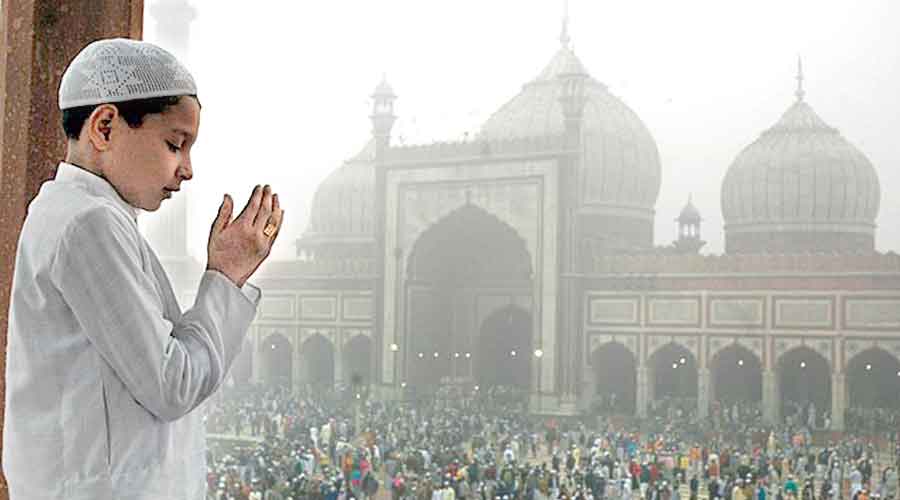Shortly after Narendra Modi became prime minister, I was approached by a senior Rashtriya Swayamsevak Sangh leader passing through London. A local Bharatiya Janata Party official said the leader had read my book, India’s Muslim Spring: Why Is Nobody Talking About It?, and wanted to discuss it. The book profiled a new generation of aspirational Indian Muslims who wanted to rid the community of its insular mindset.
We had a rather robust discussion on the ‘whys’ and ‘wherefores’ of the Muslim distrust of the sangh parivar. Two things struck me: his readiness to engage in a rational discussion about Muslim concerns and his careful avoidance of any attempt to point fingers at Muslims. Indeed, he expressed frustration with “hardliners on our own side” who are opposed to overtures towards Muslims.
Interestingly, barely some days later, the RSS chief, Mohan Bhagwat, while addressing party activists, reportedly ‘cautioned’ them against using ‘offensive’ language while referring to other faiths and specifically told the Vishwa Hindu Parishad to observe ‘restraint’ while celebrating its golden jubilee.
To cut to the chase, the burden of his song was that like the young Muslims I had mentioned in my book, there was a new generation of Hindus, including BJP and RSS activists, who wanted to put the past behind and open a dialogue with like-minded Muslims. To set the ball rolling, his India Foundation think-tank had organised a ‘workshop’ in Goa to provide a platform for moderate Muslims and BJP/RSS supporters to exchange views. It was billed as the start of “a long-term process of engagement with Muslims”, as he put it. When I wrote about my encounter in The Hindu, gently suggesting that Muslims could explore the idea of talking to the RSS, I was accused of naïveté. I’m recalling it at such length because eight years on, amid worsening Hindu-Muslim relations, that old debate on ‘what to do?’ is back in play.
There are deep divisions in the community on the way forward. But it’s a measure of desperation that for the first time a section of Muslims is open to talking to the sangh parivar leadership if it helps ease the pressure on them. Apparently, they have been encouraged by conciliatory noises from the other side, notably Bhagwat’s rebuke to the party’s foot soldiers to “stop looking for a shivling in every mosque” while referring to the controversy over the origins of Varanasi’s Gyanvapi mosque. Indeed, a number of Muslim groups, including the Jamiat Ulema-i-Hind, the country’s oldest Muslim organisation, have already set the ball rolling through informal contacts. The chief of the All-India Imam Organisation, Umer Ahmed Ilyasi, received Bhagwat in its Delhi headquarters, controversially hailing him as “Rashtra Pitaand Rashtra Rishi” while stressing the need to build bridges between the two communities. Bhagwat has also met a group of prominent Muslim intellectuals — reportedly at their request — to convey the community’s concerns over its security and its future. The RSS has called these contacts part of a wider ‘samvad (dialogue)’.
The majority Muslim opinion, however, remains opposed to any dialogue with RSS on the ground that it means conferring legitimacy on an extra-constitutional body. The argument is that the RSS may be the power behind the throne, but the real constitutional authorities are those who occupy the throne, namely the prime minister and the home minister. Critics are also asking: ‘How can we trust them when they don’t trust us?’
A good question, but the problem is that Muslims don’t have the luxury of too many options given that it is they who are at the receiving end of Islamophobic attacks. They are facing an existential crisis, and the continuing polarisation will ultimately hurt them further. Seeking a rapproachement under such circumstances is an acknowledgement of the new ground realities.
But what if this approach doesn’t work? To be sure, it’s a leap of faith. But not doing anything and waiting for Godot is a fallacy.
Hasan Suroor is the author of Unmasking Indian Secularism: Why we need a new Hindu-Muslim Deal










